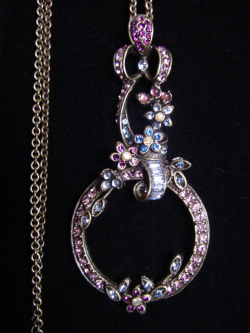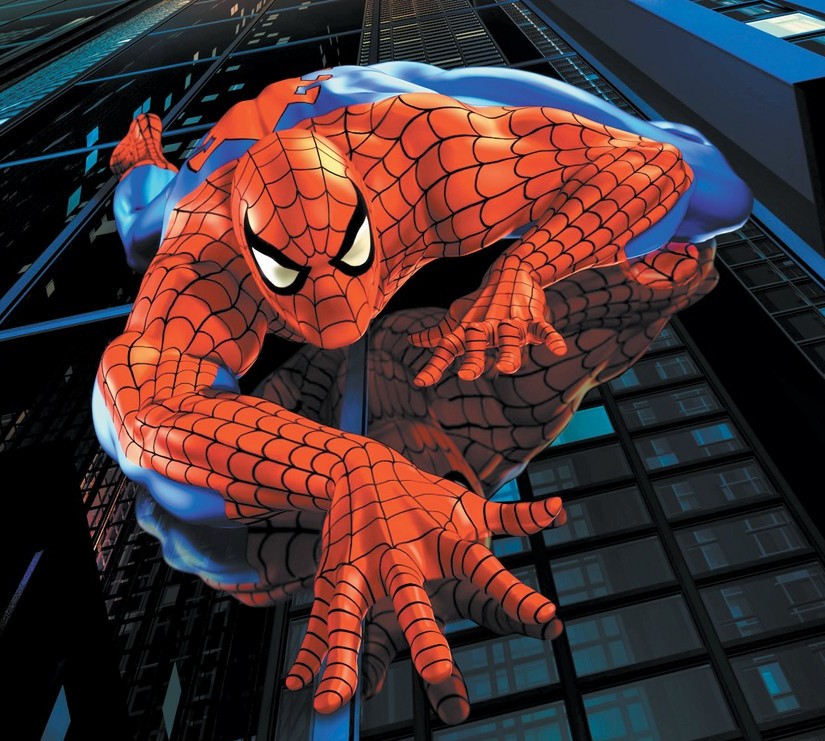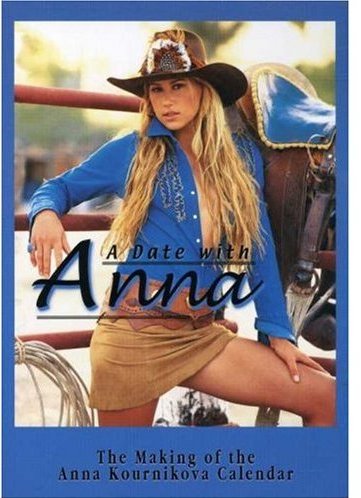Los Angeles, CA – Garment industry copyright attorneys sought protection for United Fabrics’ registered copyrights in fabric/textile designs by filing a copyright infringement lawsuit in Los Angeles Federal District Court to prevent the copying of its fabric/textile designs copyrights. Plaintiff alleges that two of its designs registered with the Copyright Office are being copied. The first design was purchased from an Italian art studio and the multi-element floral design was converted for printing on textiles. After plaintiff applied for and received copyright registration for this first design with the U.S. Copyright Office, it provided samples of fabric to defendant Wraps. The complaint alleges that Wraps even ordered and received one shipment of fabric bearing the first design. But instead of purchasing additional fabric from United Fabrics, Wraps is alleged to have copied the fabric design through third parties and sold garments bearing the design protected by copyrights to numerous retailers.
Plaintiff also purchased source artwork from an Italian art studio and created a second design for printing on textiles. Once again plaintiff received a copyright registration from the U.S. Copyright Office and provided samples of the fabric to defendant Swat. Defendant Swat allegedly did not order any fabric from Plaintiff, but instead copied the design through third parties and manufactured and sold garments to various retailers. The complaint alleges a cause of action for copyright infringement for each of the fabric designs registered with the Copyright Office. It also alleges a cause of action for vicarious and/or contributory copyright infringement. Finally, a breach of contract claim is alleged against Wraps and Swat because they agreed that they were receiving Plaintiffs designs that were subject to copyright protection “with the express understanding and agreement that they were proprietary to Plaintiff, and if [either] wished to create product bearing said designs, it would have to do so through Plaintiff.” The case is titled United Fabrics International, Inc. v. J.C. Penney Corp., Inc. et al., CV08-01936 MMM (Central District Of California).
 Los Angeles Intellectual Property Trademark Attorney Blog
Los Angeles Intellectual Property Trademark Attorney Blog


 The complaint alleges that defendants, which are various entities related to the Home Shopping Network, began manufacturing and selling copies of the Work, which are virtually identical to Plaintiff’s work, except for the name given to the jewelry piece. The complaint alleges that the Defendants’ copies are cheap imitations manufactured in China and instead of the stones being made of Czech crystal, as represented on the Home Shopping Channel, the “stones” appear to be plastic or other inferior materials. (SIDE NOTE: If that is the case, it’s puzzling why the Plaintiff does not include a false advertising/unfair competition claim under the Lanham Act). The complaint continues that the defendants’ copy of the work is allegedly not sold in California because the high concentration of lead violates California’s strict environmental and safety regulations. Also, plaintiff alleges that Defendants had access to copies of the Work because they were involved in negotiations to market plaintiff’s work. The complaint seeks damages under
The complaint alleges that defendants, which are various entities related to the Home Shopping Network, began manufacturing and selling copies of the Work, which are virtually identical to Plaintiff’s work, except for the name given to the jewelry piece. The complaint alleges that the Defendants’ copies are cheap imitations manufactured in China and instead of the stones being made of Czech crystal, as represented on the Home Shopping Channel, the “stones” appear to be plastic or other inferior materials. (SIDE NOTE: If that is the case, it’s puzzling why the Plaintiff does not include a false advertising/unfair competition claim under the Lanham Act). The complaint continues that the defendants’ copy of the work is allegedly not sold in California because the high concentration of lead violates California’s strict environmental and safety regulations. Also, plaintiff alleges that Defendants had access to copies of the Work because they were involved in negotiations to market plaintiff’s work. The complaint seeks damages under  Burbank, CA – Copyright attorney files copyright infringement lawsuit in
Burbank, CA – Copyright attorney files copyright infringement lawsuit in 
 In February of 2006, Swann purchased a DVD of “A Date With Anna” and discovered that twenty two minutes of his copyrighted music was used in Kournikova’s DVD. Swann alleges that because he expressly rejected the licensing agreement offer, no agreement was ever reached and the use of the copyrighted material without license, or other consideration constitutes copyright infringement. Swann alleges that “as early as April 2003, defendants, and each of them, without Plaintiff’s permission, license, and without remuneration to Plaintiff, adapted, used, reproduced, marketed, distributed and sold Plaintiff’s copyrighted material in the defendants’ video production, a digital video disc (DVD) entitled, ‘A DATE WITH ANNA.'” Swann continues that the infringement by the defendants was intentional and knowing and seeks preliminary and permanent injunctions against the distribution of the video. The case is titled Christopher Jerry Swann v. Anna Kournikova et al., CV08-01477 R (C.D. California).
In February of 2006, Swann purchased a DVD of “A Date With Anna” and discovered that twenty two minutes of his copyrighted music was used in Kournikova’s DVD. Swann alleges that because he expressly rejected the licensing agreement offer, no agreement was ever reached and the use of the copyrighted material without license, or other consideration constitutes copyright infringement. Swann alleges that “as early as April 2003, defendants, and each of them, without Plaintiff’s permission, license, and without remuneration to Plaintiff, adapted, used, reproduced, marketed, distributed and sold Plaintiff’s copyrighted material in the defendants’ video production, a digital video disc (DVD) entitled, ‘A DATE WITH ANNA.'” Swann continues that the infringement by the defendants was intentional and knowing and seeks preliminary and permanent injunctions against the distribution of the video. The case is titled Christopher Jerry Swann v. Anna Kournikova et al., CV08-01477 R (C.D. California). Disney states that its damages cannot yet be determined and it may elect between the profits generated by the defendants or statutory damages under
Disney states that its damages cannot yet be determined and it may elect between the profits generated by the defendants or statutory damages under